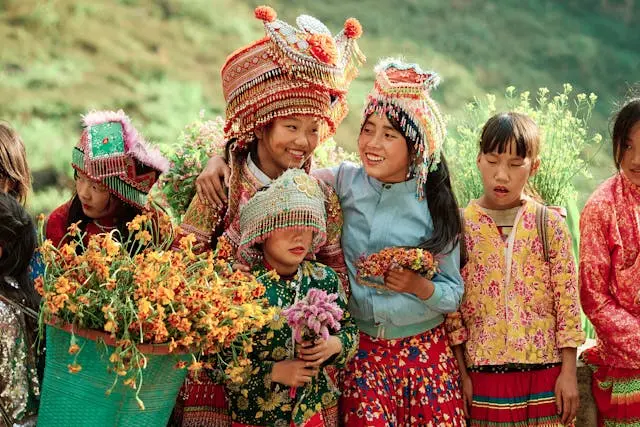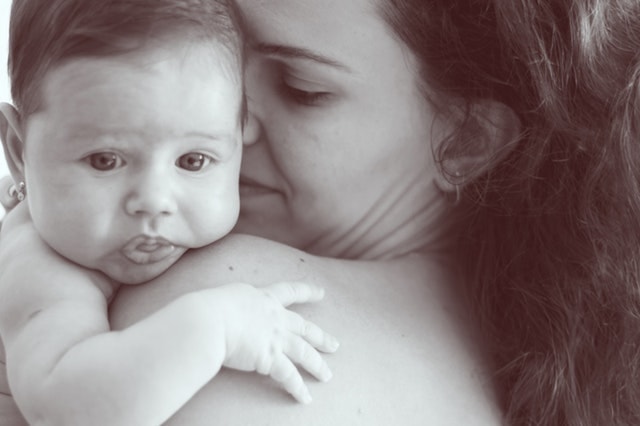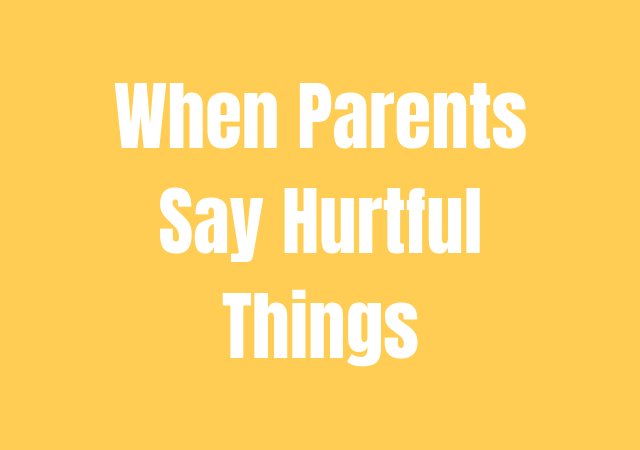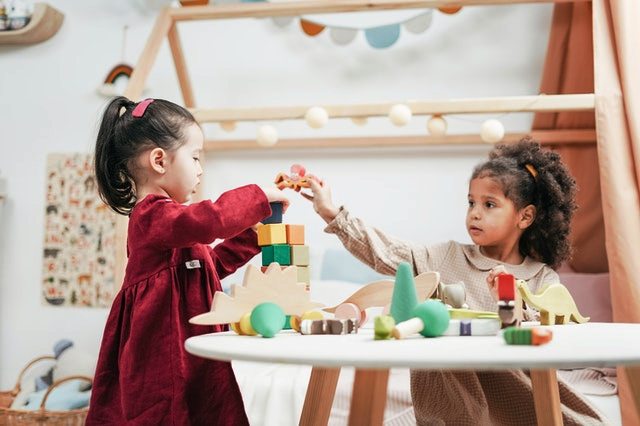Festivals and rituals are integral to many cultures around the world, and they play a significant role in a child’s upbringing. These celebrations provide not only a sense of community and belonging but also offer valuable lessons and traditions that shape a child’s values and identity. In this blog post, we will explore the various ways in which festivals and rituals contribute to a child’s development and the benefits they offer.

Building a Sense of Identity and Belonging
One of the primary roles of festivals and rituals is to help children understand their cultural heritage and identity. Participating in family traditions and community celebrations allows children to connect with their roots and develop a sense of belonging. This connection to their cultural background fosters a sense of pride and helps children understand who they are and where they come from.
A study published in the Journal of Family Psychology found that family rituals, including holiday celebrations and other cultural practices, contribute significantly to children’s sense of identity and emotional well-being (Fiese et al., 2002). These rituals create a sense of continuity and stability, providing children with a reliable framework within which they can grow and develop.
Teaching Values and Ethics
Festivals and rituals often carry deep moral and ethical teachings that are passed down through generations. These events provide an opportunity for parents and elders to impart important life lessons to children. For instance, the festival of Diwali in Hindu culture emphasizes the triumph of good over evil, while Christmas in the Christian tradition highlights the importance of giving and compassion.
According to a study in the Journal of Child and Family Studies, religious and cultural rituals play a crucial role in transmitting values and ethical principles to children (Boyatzis et al., 2006). By engaging in these activities, children learn about the importance of kindness, generosity, and respect for others.
Enhancing Social Skills and Community Participation
Participating in festivals and rituals often involves interacting with extended family members, friends, and the community. These interactions help children develop essential social skills such as communication, cooperation, and empathy. Children learn to navigate social situations, build relationships, and understand the importance of community support.
Research published in the International Journal of Behavioral Development indicates that children who regularly participate in cultural and religious rituals tend to have better social competence and stronger community ties (Gaskins, 1999). These experiences teach children how to function effectively in a social environment and the value of collective activities.
Creating Positive Memories and Traditions
Festivals and rituals create lasting memories that children cherish throughout their lives. These positive experiences contribute to a child’s overall happiness and emotional health. The anticipation and joy associated with these events provide children with a sense of excitement and something to look forward to, fostering a positive outlook on life.
A study in the Journal of Happiness Studies highlights that engaging in family rituals and celebrations contributes to long-term happiness and emotional well-being (Easterlin, 2001). The joy and excitement associated with these events leave a lasting impact, shaping a child’s outlook on life and creating a reservoir of happy memories.
Encouraging Creativity and Expression
Many festivals and rituals involve creative activities such as decorating, crafting, and performing traditional dances or songs. These activities encourage children to express themselves creatively and explore their talents. Engaging in creative endeavors during festivals helps children develop their imagination and problem-solving skills.
According to research in the Journal of Creative Behavior, participation in cultural and religious festivals enhances children’s creative thinking and artistic abilities (Runco, 2004). These activities provide a platform for children to explore their creativity in a supportive and culturally rich environment.
Conclusion
Festivals and rituals play a vital role in a child’s upbringing by fostering a sense of identity, imparting values, enhancing social skills, creating positive memories, and encouraging creativity. These cultural practices provide children with a strong foundation upon which they can build their character and navigate the complexities of life. As parents and caregivers, it is essential to involve children in these meaningful traditions to ensure their holistic development and well-being.
References
- Boyatzis, C. J., Dollahite, D. C., & Marks, L. D. (2006). The family as a context for religious and spiritual development in children and youth. Journal of Child and Family Studies, 15(2), 150-165.
- Easterlin, R. A. (2001). Income and happiness: Towards a unified theory. The Economic Journal, 111(473), 465-484.
- Fiese, B. H., Tomcho, T. J., Douglas, M., Josephs, K., Poltrock, S., & Baker, T. (2002). A review of 50 years of research on naturally occurring family routines and rituals: Cause for celebration? Journal of Family Psychology, 16(4), 381-390.
- Gaskins, S. (1999). Children’s daily lives in a Mayan village: A case study of culturally constructed roles and activities. International Journal of Behavioral Development, 23(2), 309-310.
- Runco, M. A. (2004). Creativity. Annual Review of Psychology, 55, 657-687.
MORE POSTS: How Indian parents navigate between traditional values and modern lifestyles?



